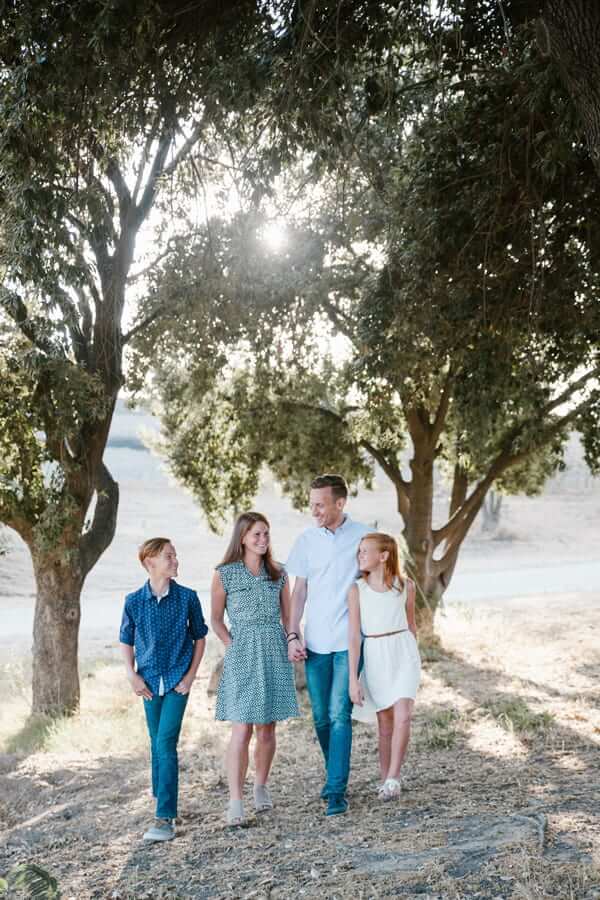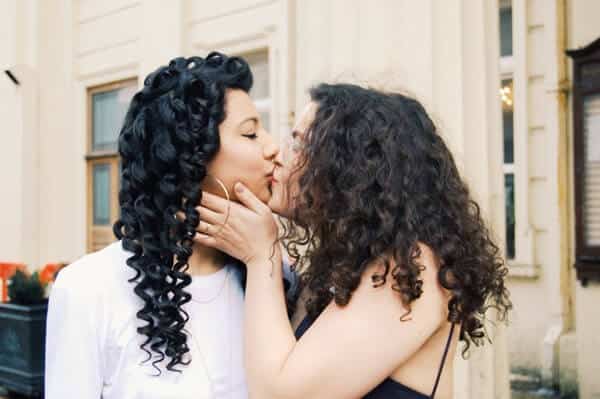Relationship Map

Love is one of the most profound emotions we experience. Learning how to be open, vulnerable and emotionally undefended as well as the ability to reveal ourselves fully, honestly, and directly are all necessary for deeply intimate connection with our partners. That level of intimacy, however, isn’t always easy to achieve. For many of us, this way of being in relationship was not modelled in our families of origin. We may have learned instead that vulnerability was unsafe and defended ourselves by protecting our innermost fears, thoughts, and feelings. Those self-protective mechanisms, often outside of our conscious awareness, add to our inability to deepen intimacy and strengthen our relationships.

What is your relationship dynamic?
Partners in distressed relationships bring different issues to counselling, like feeling unsupported, unseen or unheard by the other, loss of intimacy, sexual problems, loss of desire, betrayals, affairs, family issues, boredom, jealousy, unhealthy communication, parenting issues, addictions, resentments, commitment difficulties, remaining stuck in old patterns, power struggles, to name a few. Those presenting issues, however, are often the outcome of what truly ails the relationship, not the source of it.
As our relationship issues deepen, we can start to feel guarded with the other, stop sharing ourselves, build walls and withdraw behind them. We blame ourselves or the other, stop listening, feel despair and grief. Often couples find ways to leave before they’ve left. Or they may stay but not know how to connect anymore. The loneliness of being together, yet feeling alone, is so painful. We may feel that the relationship is over because we no longer know how to be in it. In those moments we often believe that we are living a breakdown of our relationship instead of believing in the possibility that we are on the threshold of a breakthrough.
How good can you stand it?
In 2003 my perspective on relationship changed. I was asked a very important question by Catherine and Duane O’Kane, the founders of Clearmind international. The question came during a painful time in Steve’s and my relationship when neither one of us knew how to stay in the relationship and neither one of us wanted to end it. We were in limbo, or as Duane put it “on the tarmac” like in the movie Casablanca. Not getting on the plane but also not leaving the tarmac. When they asked us the question “how good can you two stand it?” we both started to unravel our dynamic. Neither of us knew how to be in a happy relationship! Our individual relationship maps were very similar … he was an only child of a single mother and I was a child of an abusive and unhappy relationship. Nothing in those relationship maps prepared either of us for anything but a chaotic and painful relationship. Neither of us knew who to be, what to expect, how to live in a happy relationship. Happiness was not even on the map. We began to understand that we had been arguing for our limitations and unhappiness because that is what we knew and understood relationship to be … a struggle! What we truly feared was the possibility that love was real, that we could be happy, and that we were both worth a loving relationship and a good life.

There is a dynamic interplay between you and your relationship because you are both impacting, and being impacted by, the dynamic that you share. The difficulty is that without awareness and support we can often just keep repeating old patterns and behaviours that intensify the difficulties. It can feel like a maze that we can’t get out of, and a painful one at that.
Professional counselling is an effective way to understand the real difficulties that underlie the relationship dynamic and support the couple to make lasting changes that can transform it. We couldn’t have made it through those difficult moments without that support. It helped us to navigate and transform our relationship map.
Relationship Map

Love is one of the most profound emotions we experience. Learning how to be open, vulnerable and emotionally undefended as well as the ability to reveal ourselves fully, honestly, and directly are all necessary for deeply intimate connection with our partners. That level of intimacy, however, isn’t always easy to achieve. For many of us, this way of being in relationship was not modelled in our families of origin. We may have learned instead that vulnerability was unsafe and defended ourselves by protecting our innermost fears, thoughts, and feelings. Those self-protective mechanisms, often outside of our conscious awareness, add to our inability to deepen intimacy and strengthen our relationships.

Partners in distressed relationships bring different issues to counselling, like feeling unsupported, unseen or unheard by the other, loss of intimacy, sexual problems, loss of desire, betrayals, affairs, family issues, boredom, jealousy, unhealthy communication, parenting issues, addictions, resentments, commitment difficulties, remaining stuck in old patterns, power struggles, to name a few. Those presenting issues, however, are often the outcome of what truly ails the relationship, not the source of it.
As our relationship issues deepen, we can start to feel guarded with the other, stop sharing ourselves, build walls and withdraw behind them. We blame ourselves or the other, stop listening, feel despair and grief. Often couples find ways to leave before they’ve left. Or they may stay but not know how to connect anymore. The loneliness of being together, yet feeling alone, is so painful. We may feel that the relationship is over because we no longer know how to be in it. In those moments we often believe that we are living a breakdown of our relationship instead of believing in the possibility that we are on the threshold of a breakthrough.
In 2003 my perspective on relationship changed. I was asked a very important question by Catherine and Duane O’Kane, the founders of Clearmind international. The question came during a painful time in Steve’s and my relationship when neither one of us knew how to stay in the relationship and neither one of us wanted to end it. We were in limbo, or as Duane put it “on the tarmac” like in the movie Casablanca. Not getting on the plane but also not leaving the tarmac. When they asked us the question “how good can you two stand it?” we both started to unravel our dynamic. Neither of us knew how to be in a happy relationship! Our individual relationship maps were very similar … he was an only child of a single mother and I was a child of an abusive and unhappy relationship. Nothing in those blueprints prepared to understand loving relationships or to know how to live in a happy relationship. Happiness was not even on the map. We began to understand that we had been arguing for our limitations and unhappiness because that is what we knew and understood relationship to be … a struggle! What we truly feared was the possibility that love was real, that we could be happy, and that we were both worth a loving relationship and a good life.

There is a dynamic interplay between you and your relationship because you are both impacting and being impacted by the dynamic that you share. The difficulty is that without awareness and support we can often just keep repeating old patterns and behaviours that intensify the problem. It can feel like a maze that we can’t get out of. Professional counselling is an effective way to understand the real difficulties that underlie the relationship dynamic and make lasting changes that can transform it. We couldn’t have made it through those difficult moments without that support. It helped us to navigate and transform our relationship map.

Leave A Comment